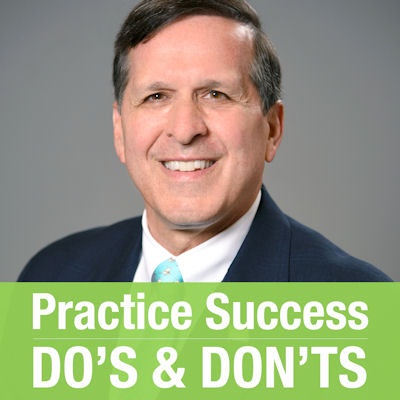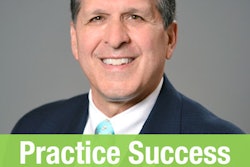
Does it take the same amount of time for you to perform a specific procedure today as it did a few years ago? To put that another way, do you ever find yourself running over the time that was allowed to treat a patient or finishing long before it's time to see the next patient? The fact is, if you haven't done procedural time studies for two to three years -- or if continuing education or new technology may now be affecting how quickly treatment can be handled --- you should probably clock your work again. Otherwise, your scheduling could be way off and adversely affecting productivity and stress levels.

Calculate reliable averages for all procedures. Have an assistant time you as you perform various procedures. For the greatest accuracy, try to get numbers for at least 10 instances of each type of treatment, then average them. These numbers will then serve as guidelines for your scheduling coordinator.

Don't forget to document hygienist and assistant times, too. For overall scheduling efficiency, also conduct time studies for other clinical staff members. Keep in mind that dental assistant A may take longer than dental assistant B to perform the same steps. Take this into account to avoid scheduling problems.
Roger P. Levin, DDS, is the founder and CEO of Levin Group, the leading dental practice consulting firm in North America. For the complete list of dates and locations where you can attend his latest seminar, visit www.levingroup.com/gpseminars.
The comments and observations expressed herein do not necessarily reflect the opinions of DrBicuspid.com, nor should they be construed as an endorsement or admonishment of any particular idea, vendor, or organization.



















